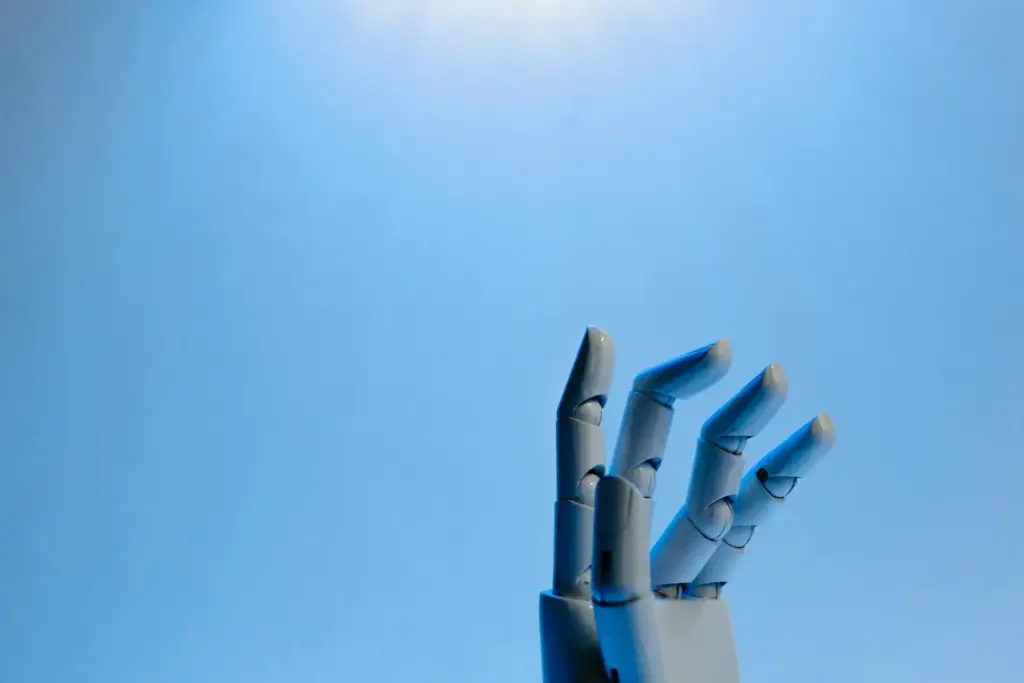Artificial intelligence (AI) has revolutionized multiple aspects of our daily lives, from virtual assistants on our mobile devices to advanced tools used in medicine, education and business. However, despite its impressive capabilities, it is crucial to understand the limitations of artificial intelligence, especially in a world where its implementation is rapidly expanding.

1. Lack of human creativity and intuition
Although AI can analyze large volumes of data and find patterns, it lacks the creativity and intuition that are inherent in humans. For example, a machine can generate a work of art based on pre-existing styles, but it cannot experience emotions or innovate from a completely original perspective. This shortcoming underscores one of the most glaring limitations of artificial intelligence in the artistic and creative realm.

2. Dependence on data
Another limitation of artificial intelligence is its total dependence on data. An AI is only as good as the data it is provided with. If the data is incomplete, biased or erroneous, the results will be incomplete, biased or erroneous. This poses ethical and technical challenges, as it can perpetuate inequalities or make incorrect decisions. For example, in the financial sector, an algorithm that analyzes biased credit histories could discriminate against certain demographic groups.

3. Ethical and legal constraints
The use of AI raises complex ethical and legal questions: Who is responsible if an AI makes a mistake? How is user privacy protected when systems collect and process sensitive data? These questions reflect the limitations of artificial intelligence in terms of the lack of a uniform and ethical regulatory framework to ensure its responsible implementation.

4. Lack of Contextual Understanding
While AI can process natural language and perform translations or text analysis, it does not always understand context. This can lead to misunderstandings or unexpected results. For example, a chatbot that responds automatically might not pick up on the emotional tone of a conversation, which can lead to frustrating interactions for users. This lack of understanding is one of the limitations of artificial intelligence in applications related to human interaction.

5. Implementation and Maintenance Costs
Developing and implementing AI systems can be costly, both in terms of technological infrastructure and specialized human talent. In addition, maintaining these solutions involves constant upgrades to ensure their effectiveness and security. For many small and medium-sized companies, these costs represent a significant obstacle, highlighting another of the limitations of artificial intelligence in the business environment.

6. Security risks and cyber-attacks
AI systems are not immune to cyberattacks. Hackers can manipulate algorithms to obtain beneficial results for themselves or even use AI to develop more sophisticated threats. This vulnerability highlights one of the most concerning limitations of artificial intelligence, especially in critical sectors such as healthcare or national security.

AI Limitations
It is important to remember that AI is only a tool.
While artificial intelligence offers countless opportunities, it is essential to recognize and address its limitations to ensure its ethical and effective use. The limitations of artificial intelligence should not be seen as insurmountable obstacles, but as reminders that this technology is a tool that requires oversight, regulation and a humane approach. Only then will we be able to take full advantage of its potential while minimizing the associated risks.
Ultimately, understanding the limitations of artificial intelligence will help us integrate it more efficiently into our lives, ensuring a balance between innovation and responsibility.

